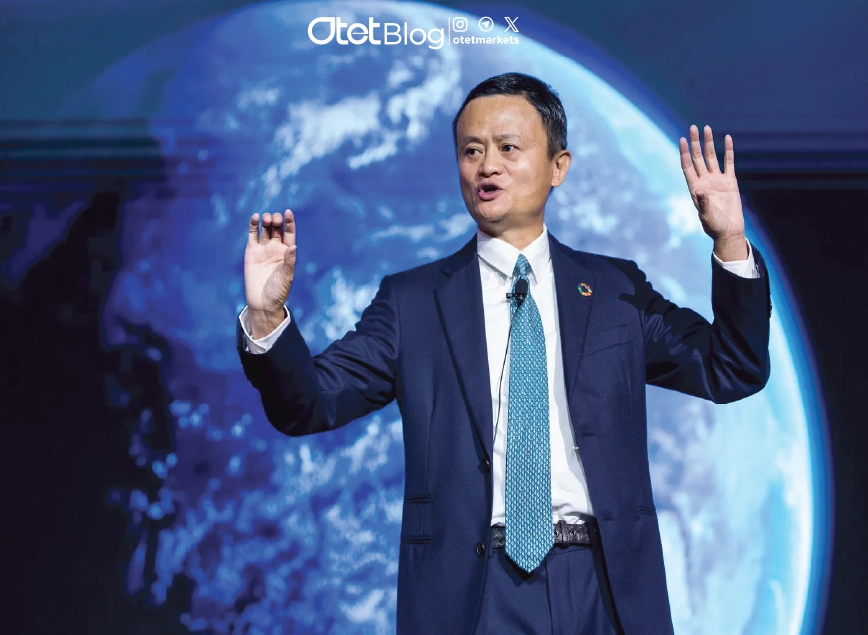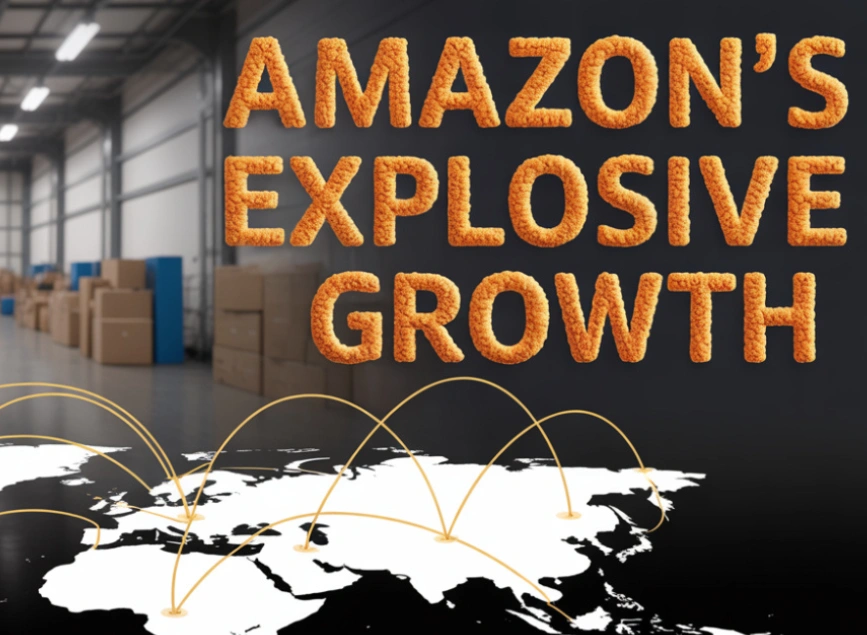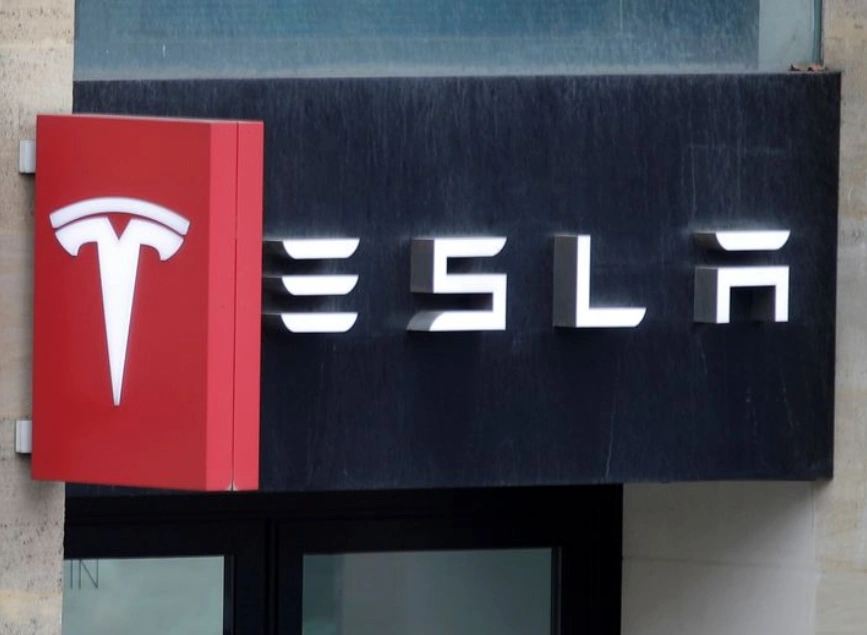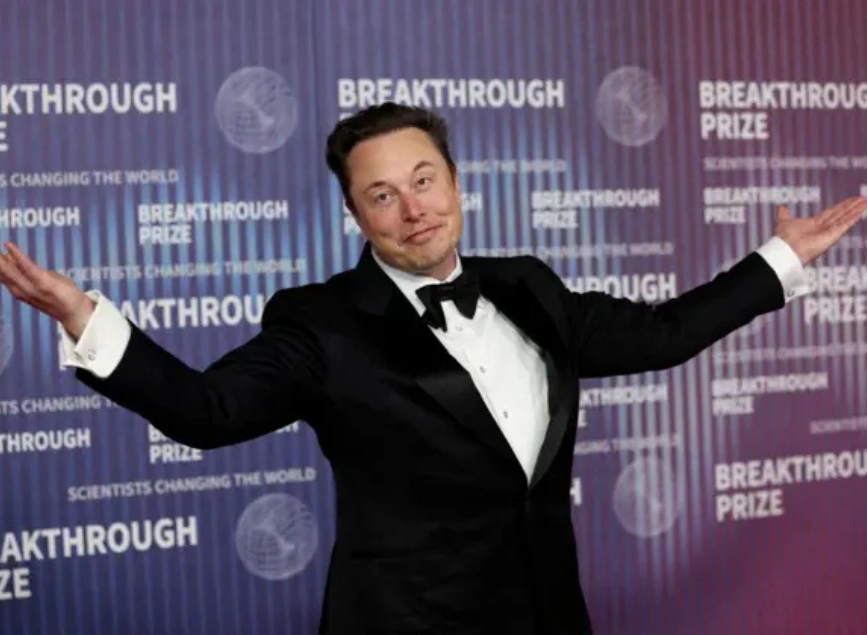
Journey of Jack Ma: From English Teacher to Global E-Commerce
Estimated reading time: 4 minutes
Table of contents
- Jack Ma’s Success Story: Humble Beginnings to Global Icon
- Jack Ma’s Winning Strategies: Building Alibaba Brick by Brick
- 1. Long-Term Vision: Investing in Infrastructure, Not Just Profits
- 2. Empowering Small Businesses: The Underdogs’ Champion
- 3. Investing in People: Culture Over Credentials
- 4. Creating a Self-Sufficient Ecosystem
- 5. Bold Global Expansion: Eyes on Emerging Markets
- 6. Strategic Exit: Stepping Down at the Right Moment
- In Summary: The Essence of Jack Ma’s Success
Full Name: Ma Yun
Born: September 10, 1964 – Hangzhou, China
Fields of Influence: E-commerce, Technology, Education, Digital Innovation
Key Roles:
- Founder and Former CEO of Alibaba Group
- Founder of the Jack Ma Foundation
- Entrepreneur, English Teacher, and Serial Investor
Jack Ma’s Success Story: Humble Beginnings to Global Icon
Before Alibaba revolutionized e-commerce, Jack Ma was an English teacher with big dreams. His journey wasn’t smooth—he faced repeated rejection, from failing to secure a job at the police force to being turned down by KFC. Yet, Ma’s resilience and vision never wavered. In 1999, inspired by the nascent internet’s potential, he launched Alibaba.com with a simple but powerful mission: to connect China’s small businesses to the global marketplace.
Over two decades, this vision turned into a colossal reality. Alibaba evolved into one of the world’s largest e-commerce conglomerates, propelling Jack Ma to become China’s first internet billionaire and a symbol of innovation and perseverance.
🎯 Leadership & Personality: The Pillars of Jack Ma’s Success
- Visionary with a Long-Term Outlook: Jack Ma plans decades ahead, building foundations—not just quick wins.
- Resilience & Learning from Failure: He treats setbacks as stepping stones rather than barriers.
- Master Communicator & Global Networker: His charisma fosters trust and collaboration worldwide.
- Customer-First Philosophy: “Customers first, employees second, shareholders third” guides his decisions.
- Inspirational Leadership: Prefers motivating and empowering over authoritarian control.
Jack Ma’s Winning Strategies: Building Alibaba Brick by Brick
| # | Strategy | Real, Interesting Fact |
|---|---|---|
| 1 | Long-Term Vision | Jack Ma invested $15 billion in Alibaba Cloud before cloud computing became mainstream in China. |
| 2 | Empowering SMEs | By 2020, Alibaba helped over 10 million small businesses export products globally. |
| 3 | Investing in People | Early employees received equity stakes worth millions when Alibaba went public. |
| 4 | Self-Sufficient Ecosystem | Alibaba’s logistics network, Cainiao, handles over 15 billion parcels annually. |
| 5 | Global Expansion | Acquired Southeast Asia’s Lazada for $1 billion, outpacing Amazon’s regional entry. |
| 6 | Strategic Exit | Jack Ma retired in 2019 with Alibaba’s market capitalization near $500 billion. |
1. Long-Term Vision: Investing in Infrastructure, Not Just Profits
Jack Ma famously said:
“Instead of chasing short-term profits, we should build something that will last for 80 years.”
Alibaba’s focus on building strong technological and logistical foundations set it apart:
- Massive investment in tech, data, and logistics.
- Diverse platforms tailored to different markets: B2B (Alibaba), B2C (Tmall), and C2C (Taobao).
- Launch of Alipay, a secure and trusted digital payment system.
- Early entry into cloud computing with Alibaba Cloud, anticipating China’s digital future.
Insight: Unlike many startups chasing quick returns, Alibaba prioritized sustainable growth through durable infrastructure.
2. Empowering Small Businesses: The Underdogs’ Champion
At a time when global platforms focused on large corporations, Jack Ma saw immense potential in small and medium enterprises (SMEs).
- Alibaba.com was built as a B2B platform specifically to help Chinese SMEs export worldwide.
- Removed middlemen by introducing trust mechanisms such as user ratings and secure payments.
- Developed logistics support (Cainiao) and payment services to ease cross-border trade.
Insight: By serving the often-overlooked SMEs, Alibaba rapidly built a fiercely loyal seller community.
3. Investing in People: Culture Over Credentials
Jack Ma’s belief:
“People who work only for money stay temporarily. Those who believe in your mission build the future with you.”
Actions:
- Cultivated a strong internal culture focused on mission alignment and innovation.
- Prioritized hiring for attitude and passion over formal degrees.
- Offered early employees equity stakes, fostering ownership and commitment.
Insight: This people-centric approach nurtured a values-driven ecosystem beyond what money alone could achieve.
4. Creating a Self-Sufficient Ecosystem
Unlike many startups dependent on tech giants, Jack Ma championed independence by building an integrated ecosystem:
- Commerce platforms (Taobao)
- Payment systems (Alipay)
- Logistics network (Cainiao)
- Cloud infrastructure (Alibaba Cloud)
- Media and entertainment (Youku)
He deliberately avoided reliance on foreign ad networks or search engines, investing heavily in in-house innovation.
Insight: This “closed-loop” ecosystem, akin to Amazon’s model, maximized control over the entire value chain for both users and sellers.
Read More: Who Is Peter Lynch? One of History’s Most Successful Investors
5. Bold Global Expansion: Eyes on Emerging Markets
While many Chinese companies hesitated to expand abroad, Jack Ma boldly targeted emerging markets with minimal competition:
- Acquired Lazada in Southeast Asia.
- Invested in Indian fintech Paytm, Indonesian marketplace Tokopedia, and Turkey’s Trendyol.
- Launched AliExpress to reach Europe and the Middle East.
Insight: Targeting developing markets allowed Alibaba to grow globally with fewer regulatory obstacles and fierce competition.
6. Strategic Exit: Stepping Down at the Right Moment
In 2019, Jack Ma surprised the world by stepping down as Alibaba’s CEO to focus on education and philanthropy.
- Reduced political and regulatory pressure.
- Opened space for fresh leadership to drive Alibaba forward.
- Preserved his legacy as a visionary leader.
Insight: Exiting at Alibaba’s peak was a masterstroke, highlighting his strategic foresight and humility.
In Summary: The Essence of Jack Ma’s Success
“Think long-term, build for people, and never fear failure.”
Jack Ma’s journey wasn’t just about amassing wealth—it was about transforming industries and lives. His success stems from a mission-driven mindset, investing deeply in infrastructure, people, culture, and global change.
Share
Hot topics

Best broker for gold trading
There’s always been a certain magic about gold. Before online charts and trading applications, people stored their wealth in coins and bars, trusting that gold would retain its value during...
Read more




Submit comment
Your email address will not be published. Required fields are marked *